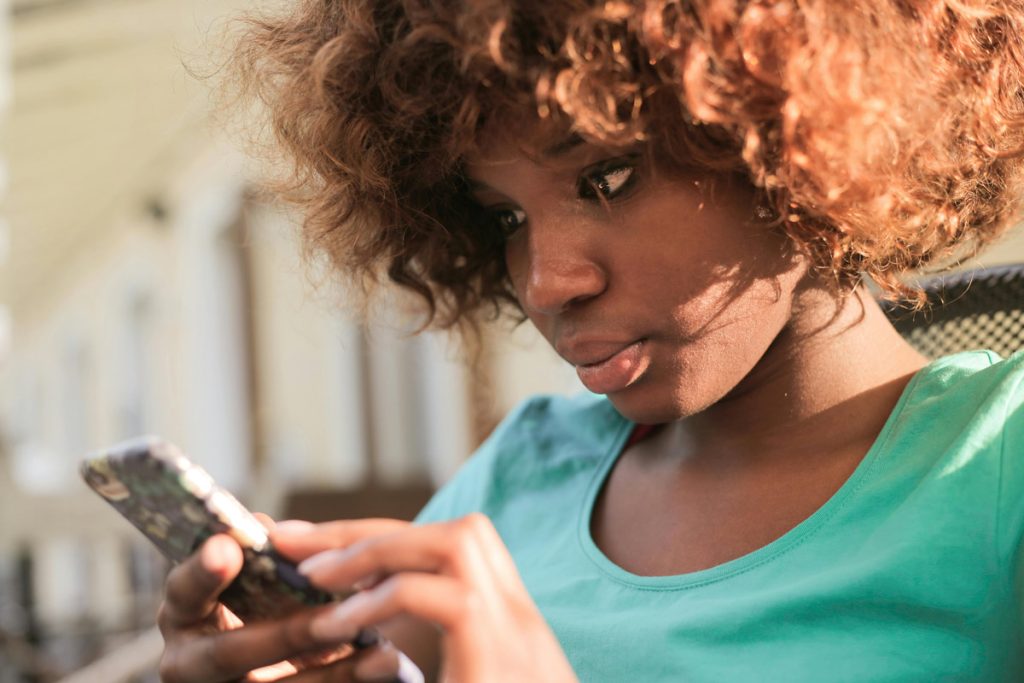In this article, we’ll explore the impact of social media on our lives.
Overview of the Impact of Social Media on Personal Well-Being
In our digital age, social media is essential to our lives, impacting all aspects of how we communicate, connect, and consume information. However, with the rise of social media platforms, there has been a growing concern about its impact on personal well-being. This blog post will provide a comprehensive overview of how social media can influence our mental health, self-esteem, relationships, and overall well-being. Stay tuned to dive deeper into the complex world of social media and its effects on personal wellness.
The Psychological Effects of Recurrent Social Media Use
Excessive social media use has been linked to various psychological effects, such as increased feelings of loneliness, anxiety, and depression. Studies have shown that constantly comparing oneself to others on social media can contribute to low self-esteem and a distorted perception of reality. Additionally, the addictive nature of scrolling through endless feeds can lead to decreased productivity and disrupted sleep patterns. It is crucial to be mindful of our social media consumption and strive for a healthy balance to safeguard our mental well-being. In the next section, we’ll look at strategies to lessen the adverse psychological effects of too much social media use.
How Social Media Influences Self-Esteem and Body Image
The influence of social media on self-esteem and body image is significant. Constant exposure to idealized representations on social platforms can trigger feelings of inadequacy and negatively impact self-esteem. Pressure to conform to unrealistic beauty standards promoted on social media can lead to body dissatisfaction and unhealthy comparison behaviors.
The Relationship Between Social Media and Mental Health Issues
As we delve deeper into the impact of social media on personal well-being, it is crucial to examine the connection between social media usage and mental health issues. Research suggests a strong connection between heavy social media usage and issues such as anxiety, depression, and loneliness. The constant comparison, fear of missing out (FOMO), and cyberbullying prevalent on social platforms can worsen existing mental health conditions or trigger new ones.
Strategies for Maintaining a Healthier Relationship with Social Media
Once we understand the potential risks associated with excessive social media use, it’s possible to establish a more balanced approach to online interactions. Strategies include setting boundaries around screen time and cultivating a positive, supportive online community to safeguard your well-being. Engaging in offline activities, nurturing real-life connections, and seeking professional help when needed can also help you maintain a healthier relationship with social media. Remember, self-awareness and self-care are crucial for prioritizing mental health while navigating the digital world. Stay tuned for practical tips on incorporating these strategies into your daily routine.
The Role of Social Media in Fostering Connections and Support
Despite the potential pitfalls, it’s important to recognize the benefits of social media for personal well-being. Platforms such as Facebook, Twitter, and Instagram offer spaces for individuals to connect, share experiences, and find support. Engaging with like-minded individuals can foster a sense of belonging and encourage meaningful interactions. Using social media to mindfully and intentionally seek out supportive communities, you can harness the power of these platforms to enhance your well-being.
Conclusion and Recommendations for Using Social Media Responsibly and Mindfully
When used appropriately, social media can be a valuable tool for enhancing personal well-being. Building a supportive online community and fostering meaningful interactions can positively affect mental health. To make the most of social media while safeguarding your well-being, consider setting boundaries on your usage, prioritizing real-life connections, and being mindful of the content you consume. Remember to engage in self-care practices, take breaks when needed, and seek professional help if social media starts to impact your mental health negatively. By approaching social media with awareness and intention, you can have positive online experiences that support your overall well-being.
About the Author
Ayesha Riaz
Clinical Psychologist 🧠
ABA Therapist @betteryouclinic
Aspiring Children’s Author 📚
Skincare | Coffee Aficionado ☕️
#mentalhealth #book #selfcare
July is BIPOC Mental Health Month
Observed each July and formerly recognized as National Minority Mental Health Awareness Month, BIPOC Mental Health Month highlights the unique mental health challenges and needs of Black, Indigenous, and other People of Color (BIPOC). Please join us in recognizing the struggles of BIPOC and bringing awareness to the need for adequate, accessible, culturally relevant mental health treatment, care, and services.
Black, Latino, Asian, and Native American people have higher rates of some mental health disorders and face greater disparities in getting help than White people, largely due to lack of access to services. With proper care, 70 – 90% of people with mental illness experience significant reduction in symptoms and improved quality of life. However, there are barriers to individuals seeking help for themselves or loved ones: access to and cost of treatment, stigma, and availability of local, culturally appropriate mental health care resources.
In 2022, Laurel House, the sponsor of rtor.org, established the Social Work Racial Equity Scholarship. The goal of the Scholarship is to cultivate more Black and Latino social workers who are committed to social change and increasing access to mental health care treatment by communities of color. Each year, a $10,000 scholarship is awarded to a Black or Latino student from Connecticut enrolled in a Master of Social Work program in Connecticut or New York. Two runner-up prizes of $1,000 and $500 are also awarded.
www.rtor.org and its sponsor Laurel House are committed to the advancement of racial equity and social justice and to making mental health services available to all.
Photo by Andrea Piacquadio: https://www.pexels.com/photo/woman-using-smartphone-during-daylight-3755749/
The opinions and views expressed in any guest blog post do not necessarily reflect those of www.rtor.org or its sponsor, Laurel House, Inc. The author and www.rtor.org have no affiliations with any products or services mentioned in the article or linked to therein. Guest Authors may have affiliations to products mentioned or linked to in their author bios.
Recommended for You
- How to Stop Nail Biting: What Finally Worked for Me After Years of Failed Attempts - December 26, 2025
- Dealing With Toxic Family Members: A Survival Guide for Family Gatherings - December 22, 2025
- When to Seek Help from a Child Psychiatrist: 6 Signs Your Child Needs Support - December 19, 2025





